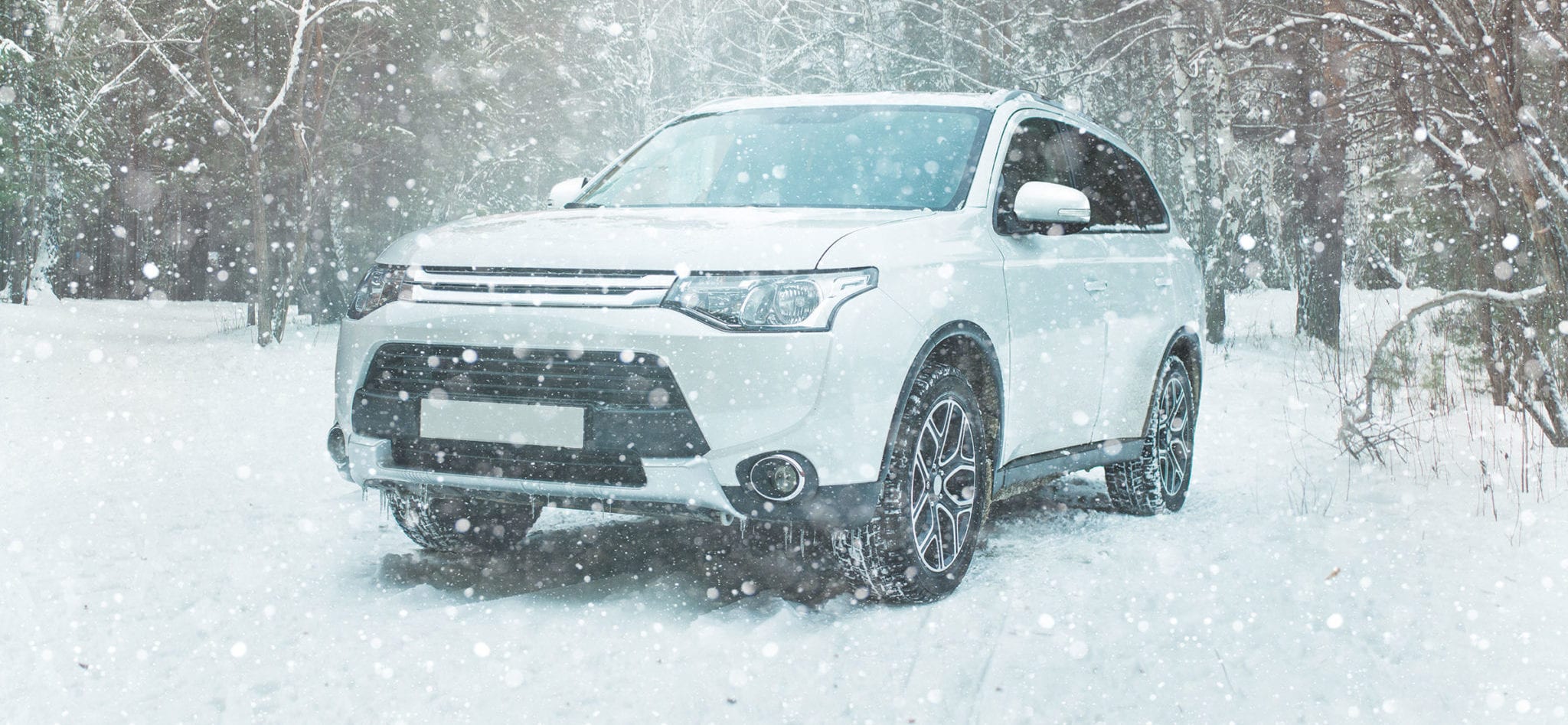Winter-time can place a considerable strain on the average car. Repeated freeze-thaw cycles can lead to mechanical stress and failure, road conditions can worsen, placing strain on tires and suspension. Then there’s the chance of getting caught out in a blizzard!
If you’re a driver, then you should make a point of protecting your car against wear-and-tear, as well as winter-related hazards. Let’s take a look at some of the steps you might take.
Don’t drive in treacherous conditions
If there’s a lot of snow on the way, or if it’s already falling, then you’ll be at increased risk of suffering a car accident. Of course, that doesn’t mean that you need to stay in the house until the weather improves, but a little bit of caution is justified. This applies especially to drivers who are out in the countryside; if possible, arrange to work from home. Your car warranty might not cover damage inflicted while driving recklessly, so if you’re in doubt, don’t risk it.
Drive cautiously
Poor conditions on the road make it a good idea to exercise caution. Slow down as much as you’re able, and make sure you leave a gap between yourself and the vehicle in front. If you’re caught out in the snow, you might need to retain a little bit of pace to stop yourself getting stuck: 10mph should be considered a maximum in deep snow, however.
Check your tires
In the UK, the law requires a minimum tread depth of 1.6mm, or around the thickness of the border of a 20p piece. This is, however, a minimum; to be safe, you’ll want a tire that’s considerably chunkier than that. And this applies especially in wintry conditions, where grip is a considerable issue. Your tire may come with a tread-depth indicator – that’s a slightly recessed rubber bridge in the middle of the tread. When the surface of the tire is the same depth as the top of this, it’s time for a change.
You’ll also want to regularly ensure that your tires are adequately inflated. If they aren’t, then they’ll be deformed by the road, and won’t grip as well as they should.
Charge your Phone
If you’re out in snowy weather, you may get stuck. But with the help of your mobile phone, you’ll be able to call in assistance should you run into difficulty. Having a phone on you is not, of course, a reason to use it while you’re driving.
Check your Battery
Car batteries have a limited lifespan, and they tend to fail most often during winter. If you notice that it’s taking a while to get your car started in the morning, it might be a sign that failure is imminent. Get it checked before you get stranded.


